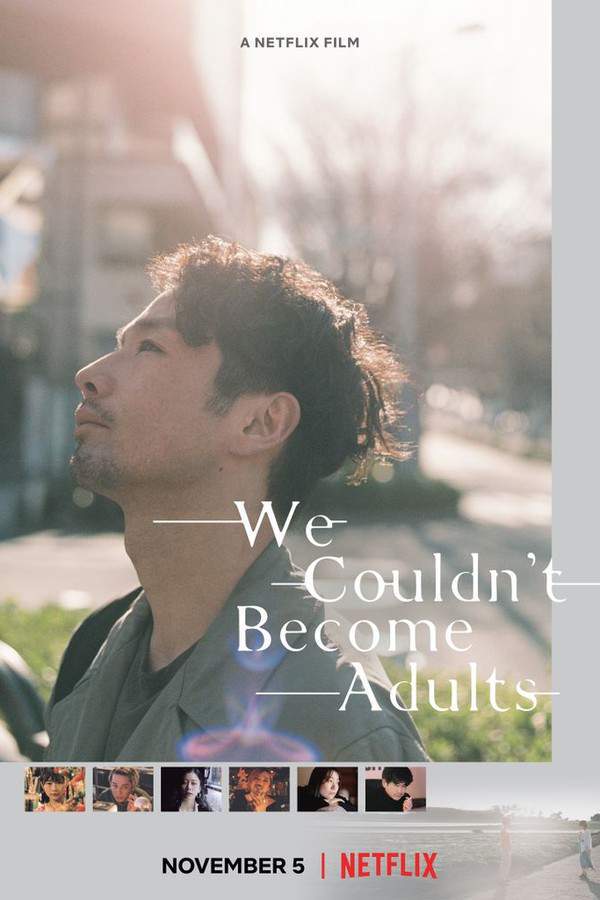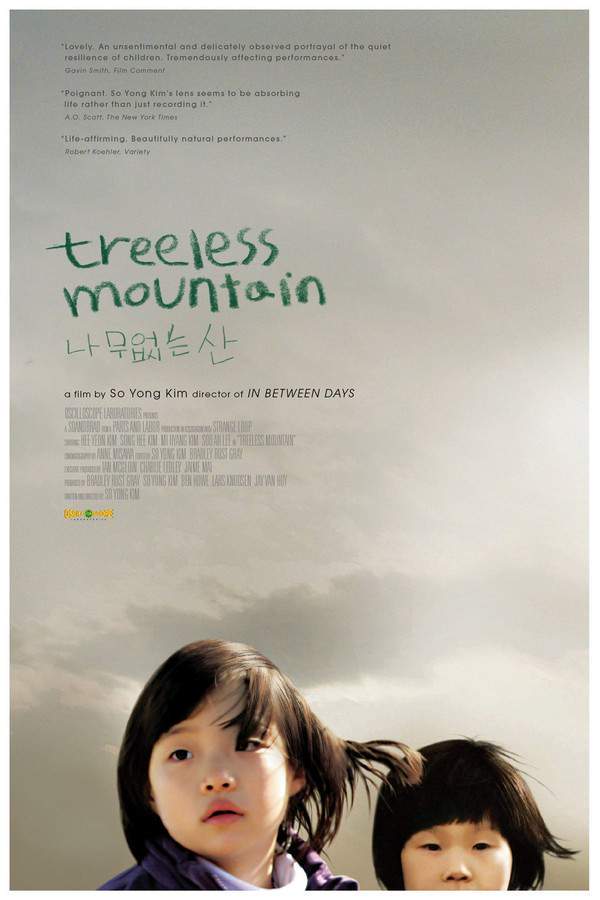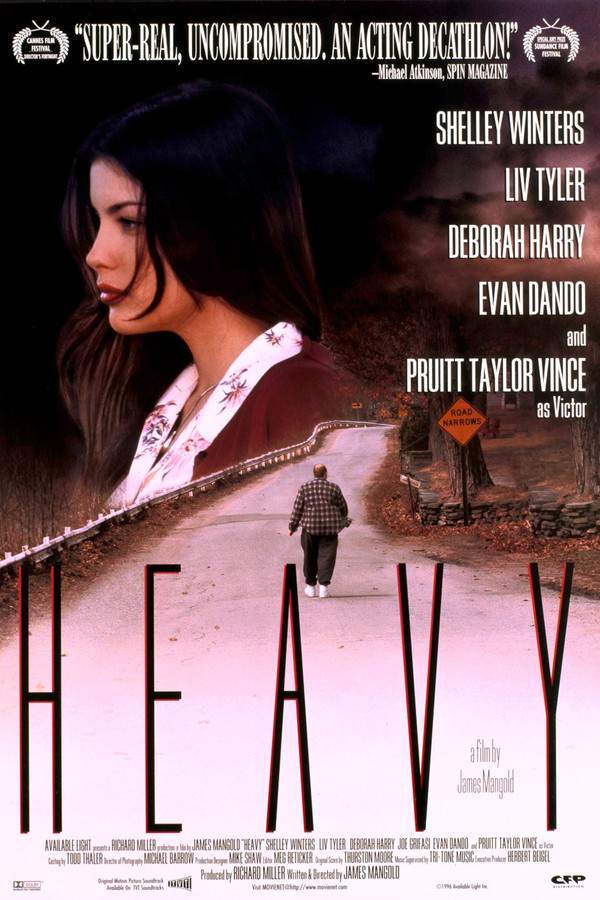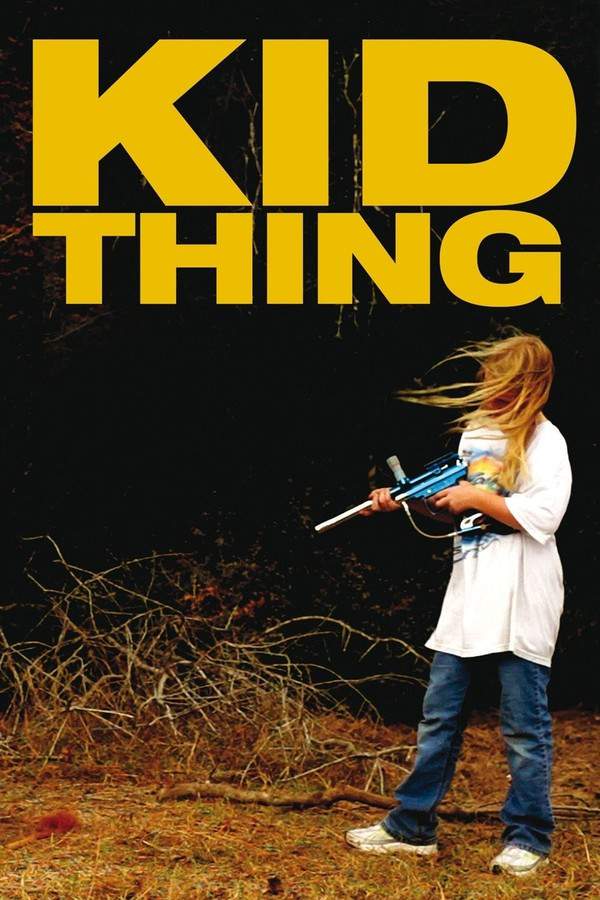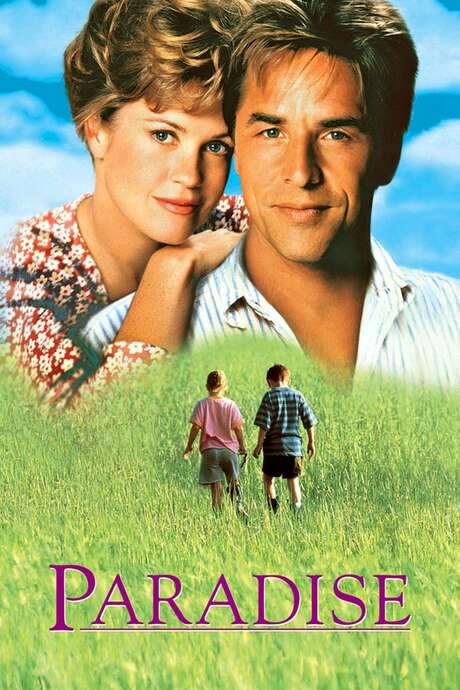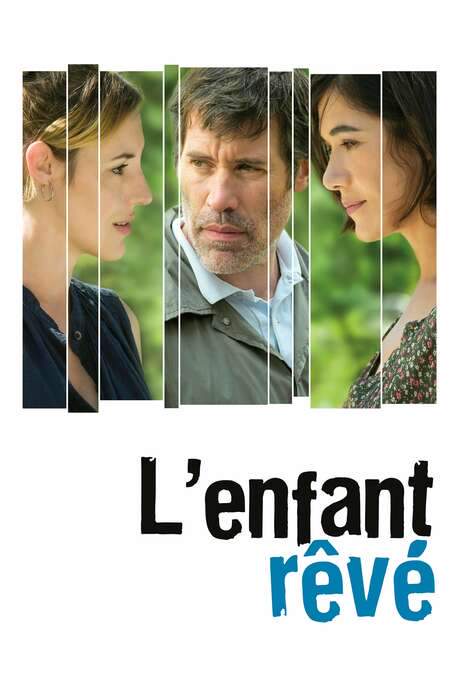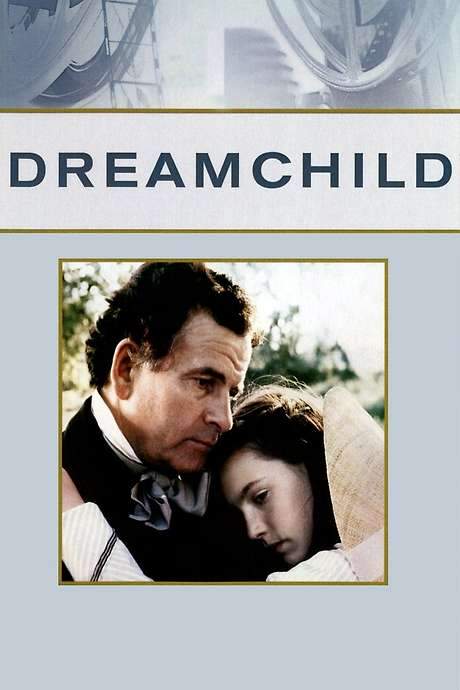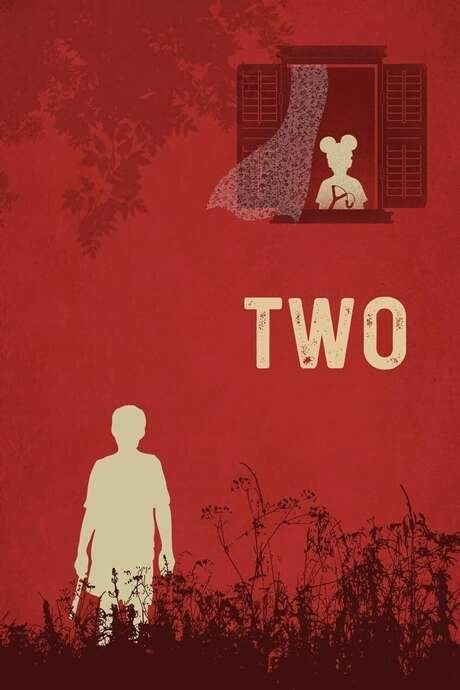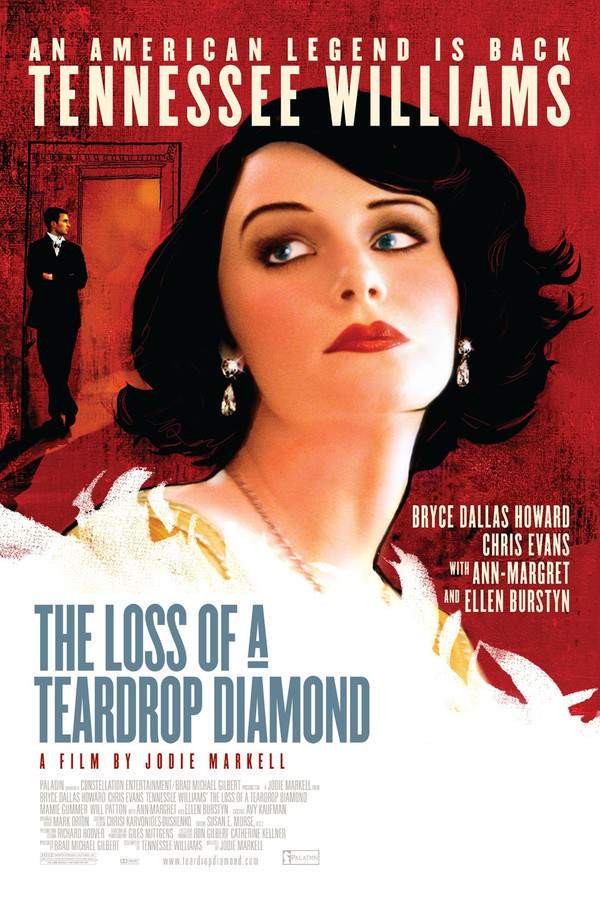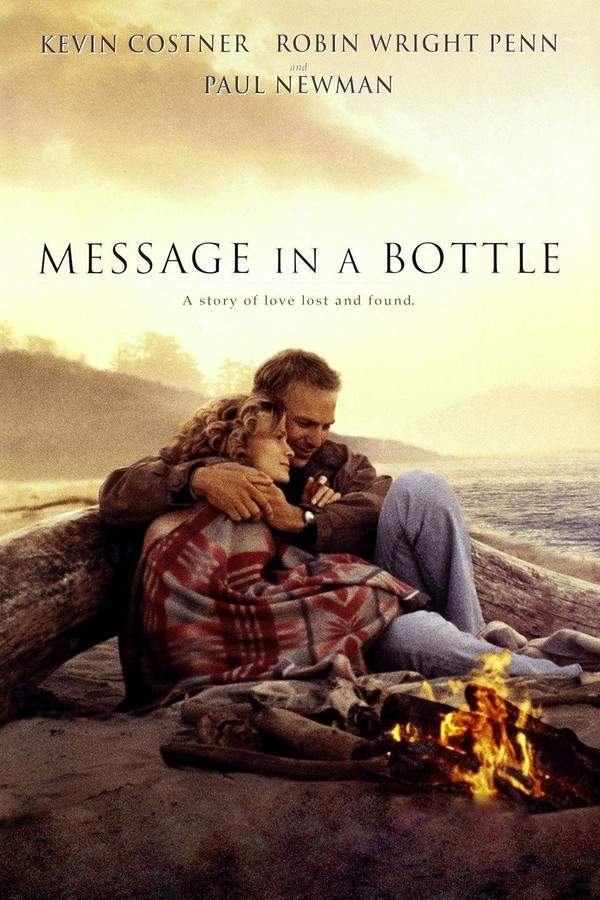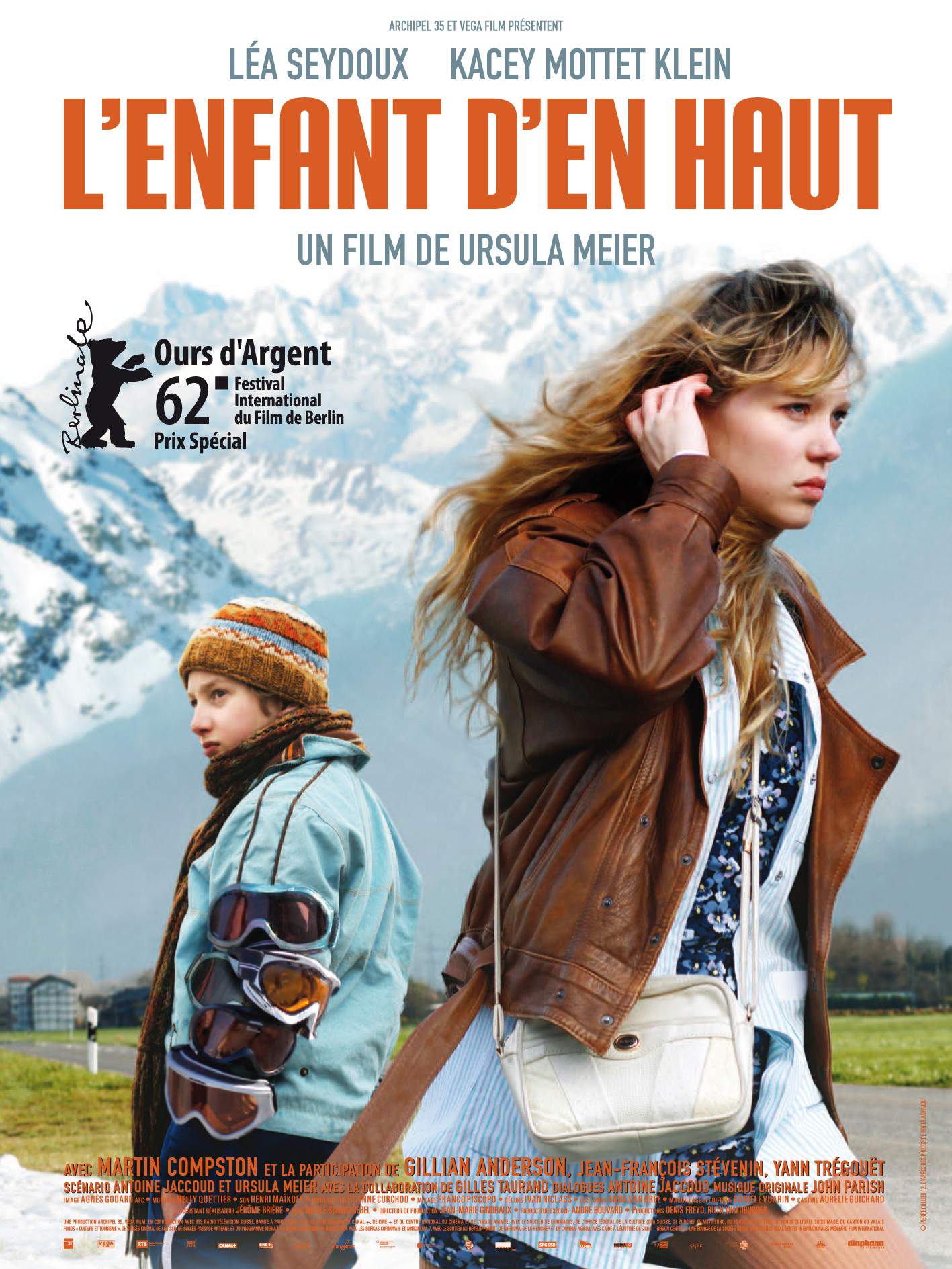
Sister
Year: 2012
Runtime: 97 min
Language: English
Director: Ursula Meier
Nestled in the picturesque Swiss Alps, a young boy named Simon struggles to provide for himself and his older sister. He supports them by discreetly taking items from wealthy tourists visiting the exclusive ski resort. Their precarious existence is challenged when he teams up with a resourceful seasonal worker, leading him down a path that tests his values and jeopardizes their carefully constructed life.
Warning: spoilers below!
Haven’t seen Sister yet? This summary contains major spoilers. Bookmark the page, watch the movie, and come back for the full breakdown. If you're ready, scroll on and relive the story!
Sister (2012) – Full Plot Summary & Ending Explained
Read the complete plot breakdown of Sister (2012), including all key story events, major twists, and the ending explained in detail. Discover what really happened—and what it all means.
In a quiet, wintry corner of Switzerland, a twelve-year-old boy named Simon navigates a harsh streetwise world that sits just beneath the surface of a luxurious ski resort. He survives by stealing equipment from skiers, then refurbishing and selling it to make enough money to feed himself and, more importantly, to support his older sister Louise, who uses his labor to fuel a lifestyle she can’t sustain on her own. Louise is charming yet reckless, unable to hold down a steady job and frequently disappearing with men, leaving Simon to shoulder the burden and the consequences of their shared life.
Simon’s days are spent straddling two lives: the quiet, wary reality of a boy who covers for a sister who never truly grows up, and the riskier, more dangerous world of petty crime that keeps their tiny, fragile economy afloat. He thoughfully tries to teach Louise how to refurbish the skis he salvages, but she remains disinterested and self-centered, losing interest as soon as a new distraction appears. Her latest romance with Bruno brings a brief sense of normalcy, yet it only deepens the tension in their already fractured household. When Bruno asks where Simon “lives,” Simon answers with a startling honesty that reveals the truth about their bond: the boy tells him he lives “with my parents” and that they have a “fucked-up family,” a moment that foreshadows the dangerous fractures in their lives. > “with my parents” and that they have a “fucked-up family.”
A chance encounter with Kristin, a tourist, marks a turning point. Simon helps her with her son’s equipment and introduces himself as Julien, spinning a story about being alone because his parents run a hotel. He soon crosses paths with Mike, a resort employee who catches him hoarding stolen skis. Rather than punish him outright, Mike offers a grudging, practical partnership: Simon can keep taking the gear, and in return, Mike provides a place to store it. The arrangement is uneasy, built on a shared need to survive, and Simon spins more lies to cover his tracks, even as he maintains a bright, hopeful sense that this alliance could stabilize his life. To his new ally, he explains his parents’ death in a car accident and the loneliness that follows, a claim that earns him a fragile trust and a place in the resort’s shadow economy.
When Louise returns from a trip with Bruno, the dynamics sour again. She tells Bruno that Simon is staying with them temporary, but the truth is far more complicated. The two drive around as Louise hunts for work and tries to keep up appearances, while Simon quietly observes the flirtation and finalizes a plan to keep the life he’s built intact. The moment of exposure comes when Bruno asks about their living situation, and Simon’s effort to maintain the lie collapses into a brutal honesty: Louise is his mother, not his sister. The revelation destabilizes their fragile arrangement. Louise tries to insist this is something she would eventually confess, but Bruno’s reaction is blunt and defining: he drives them out, and the pair must walk home, the truth shadowing their every step. Louise tries to control the narrative, insisting that Simon should stay away from her adult life, even as she admits she keeps him primarily because she does not want to be lonely or to admit how hard it is to be a single parent. The weight of this truth lands heavy on both of them.
That night, Simon pays Louise to sleep in her bed, a stark symbol of how their relationship has warped: he is a boy seeking security, and she uses him to stave off loneliness and judgment. After he falls asleep, Louise slips out and booze takes over, ending with her found unconscious the next morning. Simon, ever the caretaker, carries her home with help from neighbors, realizing that she has spent all their money. To replace what’s been spent, Simon tries a dangerous gambit, bringing a much younger child to the resort to trade for equipment. Mike rejects this escalation, and Simon’s hidden stash is discovered, resulting in his expulsion from Mike’s network. He clings to the equipment and continues to steal purses from changing rooms, but all he finds are small coins, a sign that the plan to sustain them is failing. His hidden gear is found, and the partnership between Simon and Mike dissolves in a sharp, practical rebuke; the young boy is left with nothing but the record of his losses.
With no reliable income, Simon turns to old customers for scraps of food, which Louise reluctantly shares, even as she secures a new cleaning job at a chalet and tries to maintain distance from any debt to him. Their trajectory intersects once more with Kristin, who discovers that Simon has lied about who he is. He apologizes, but Kristin’s disappointment is palpable, and she separates herself from their tangled world. Later, a watch goes missing, a small reminder of how quickly trust evaporates. Louise refuses to believe Simon when he turns out his pockets and reveals the truth, and a confrontation with Kristin follows. The tensions crescendo toward a moment of truth: Louise is furious that Simon’s actions have endangered her ability to land a job, and she lashes out as the season ends.
As the resort winds down for the season, the staff pack up for new jobs elsewhere. Simon asks if he can come along, but his youth is a clear barrier, and he is turned away. He rides the cable car down alone, passing Louise as she ascends. The two cars pull apart, and the final image is a quiet, aching separation—two people bound by a fragile, dangerous dependence, each glancing back at the other as the world around them shifts from the warmth of the resort to the uncertain cold beyond.
This film threads together themes of poverty, loyalty, and resilience in a starkly observational, emotionally restrained manner. It invites viewers to consider how a child’s quiet endurance can both sustain and imperil those around him, and how the choices people make when money and affection are at stake can tighten or loosen the bonds of family—whether that family is defined by blood or by shared survival.
Last Updated: October 09, 2025 at 16:24
Explore Movie Threads
Discover curated groups of movies connected by mood, themes, and story style. Browse collections built around emotion, atmosphere, and narrative focus to easily find films that match what you feel like watching right now.
Quiet Portraits of Childhood Responsibility like in Sister
Stories where children carry adult burdens in a fragile world.If you liked Sister, explore other movies like it that feature children taking on adult responsibilities. These similar dramas capture the quiet, melancholic struggle of young protagonists in precarious family situations, offering restrained yet emotionally resonant stories.
Narrative Summary
Narratives in this thread typically follow a linear, observational path, charting the daily challenges and moral dilemmas faced by a child protagonist. The conflict is often internal and systemic, arising from neglect, poverty, or abandonment, rather than external villains.
Why These Movies?
Movies are grouped here for their shared focus on the theme of parentification, their melancholic and restrained tone, and their quiet, observational pacing that amplifies the emotional weight of a child's hidden struggles.
Bittersweet Endings of Fragile Bonds like in Sister
Emotional stories where relationships endure but remain deeply vulnerable.Find movies with an ending feel similar to Sister. These dramas feature bittersweet conclusions where complex, dependent relationships are tested, leaving characters in a state of fragile connection or aching separation, much like the emotional journey in Sister.
Narrative Summary
The narrative arc revolves around a central, often codependent, relationship that is the characters' sole source of stability. The story tests this bond through external pressures or internal moral choices, culminating in an ending that acknowledges the love but also the deep vulnerability and lack of a clean, happy solution.
Why These Movies?
This thread connects films through their specific emotional conclusion: a bittersweet ending that emphasizes the enduring yet precarious nature of a core relationship. They share a medium emotional weight and a focus on the ache of separation or unresolved dependency.
Unlock the Full Story of Sister
Don't stop at just watching — explore Sister in full detail. From the complete plot summary and scene-by-scene timeline to character breakdowns, thematic analysis, and a deep dive into the ending — every page helps you truly understand what Sister is all about. Plus, discover what's next after the movie.
Sister Timeline
Track the full timeline of Sister with every major event arranged chronologically. Perfect for decoding non-linear storytelling, flashbacks, or parallel narratives with a clear scene-by-scene breakdown.

Characters, Settings & Themes in Sister
Discover the characters, locations, and core themes that shape Sister. Get insights into symbolic elements, setting significance, and deeper narrative meaning — ideal for thematic analysis and movie breakdowns.

Sister Spoiler-Free Summary
Get a quick, spoiler-free overview of Sister that covers the main plot points and key details without revealing any major twists or spoilers. Perfect for those who want to know what to expect before diving in.

More About Sister
Visit What's After the Movie to explore more about Sister: box office results, cast and crew info, production details, post-credit scenes, and external links — all in one place for movie fans and researchers.


